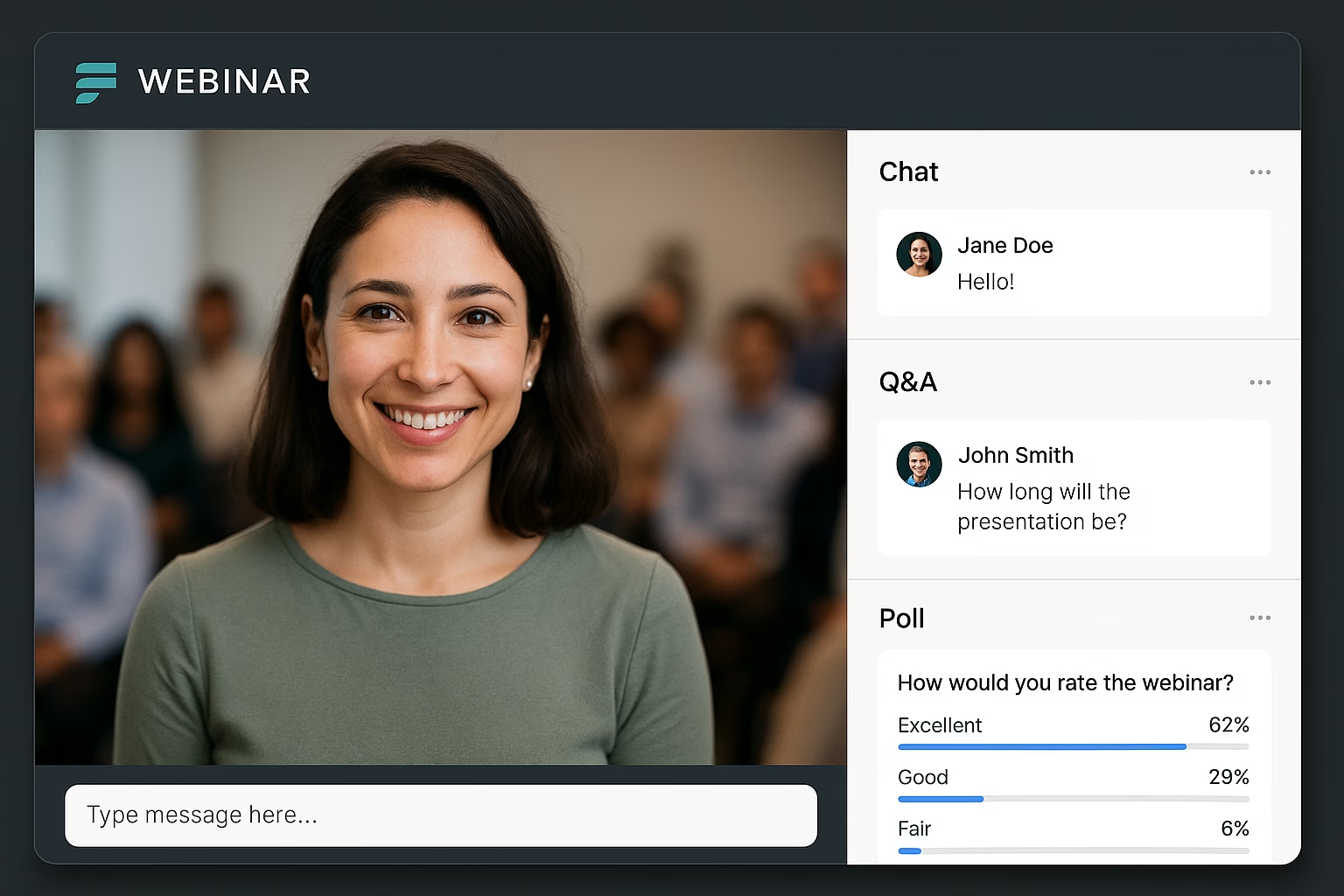By Martin H. Morrissette, Sirocco CMO – Book time with me
As we approach the second half of the year, B2B leaders responsible for IT stand at a critical crossroads. With year-end deadlines on the horizon, H2 presents a unique opportunity to refine your IT budget and strategically plan projects that will propel your organisation into the future. In this article, we’ll take a close look at the importance of H2 budgeting, where according to Gartner, global IT spending is predicted to reach an astounding £4.1 trillion in 2024. We’ll discuss how a robust IT infrastructure is the backbone of business success and how strategic planning during H2 can turn IT from a cost centre into a strategic asset that fuels innovation and growth. Let us guide you through the process of optimising your H2 IT budget, aligning IT projects with business goals, and making informed decisions that maximise the return on your IT investments.
Optimising your H2 IT budget – A mid-year review
H2 budgeting isn’t about starting from scratch. It’s about refinement. Delve into your annual plan. Analyse the performance of projects initiated in H1. Did they meet objectives? Are there areas for improvement or resource reallocation? A PMI study revealed that organisations aligning projects with strategy achieve their goals 70% of the time. Analysing past performance informs smarter budget allocations for the remaining months. The key to success? Alignment. Ensure all IT projects demonstrably contribute to achieving key business goals. Open communication is vital. Project managers need to work closely with decision-makers to craft compelling project proposals. These proposals should include clear cost breakdowns, potential ROI calculations, and a narrative that showcases how each project aligns with the overarching business strategy. This fosters stronger internal alignment and ensures IT investments directly contribute to the organisation’s success.
Strategic considerations for effective H2 budgeting
Effective H2 IT budgeting requires a balanced approach. Here are key areas to consider. Strike a balance between maintaining your existing infrastructure and investing in new technologies. While ongoing maintenance is essential, H2 can be an opportune time to explore cost-saving cloud solutions or invest in technologies that modernise your business, enhance employee productivity, and improve your processes. Digital Transformation could be another area to consider. Are you embracing the future with cloud computing, artificial intelligence, and automation that are transforming the industry and other businesses in your segment? H2 can be the opportune moment to explore cloud migration strategies or pilot cutting-edge technologies that optimise processes and enhance efficiency. We would be delighted to help you assess your organisation’s maturity and AI readiness.
With limited resources, prioritising projects is crucial. Here are some strategies to help you make informed decisions. Develop a framework for evaluating the potential return on investment (ROI) of different projects. Consider cost savings, increased revenue potential, and productivity gains when making project selections. Establish a long-term vision; don’t be short-sighted. While some projects may deliver immediate benefits, prioritise projects with long-term strategic value that contribute to sustainable growth. Budget constraints are a reality for many organisations; you are not alone. Explore phased project rollouts or vendor negotiations to maximise the impact of your budget. Work with partners that are committed to your long-term success and not just interested in a quick project and fast paycheck.
H2 is more than just the remaining months of the year – it’s your launchpad into the future. Use performance data and emerging trends to anticipate future IT needs and budget requirements. This foresight will shape your budgeting and strategic planning for the next year, ensuring your IT strategy is both adaptable and robust. By strategically refining your H2 budgeting process based on this year’s experiences, you can identify opportunities for improvement and streamline your approach for the future. This strategic approach to IT budgeting and project planning in H2 sets the stage for a successful year ahead.
Budgeting mistakes you want to avoid
Many organisations often make the mistake of assuming that their IT needs will remain the same year after year, causing them to roll over their IT budget from one year to the next. However, IT needs rarely stay the same every year, which is why it’s important to create a system that follows a cycle of investment and depreciation. Another common mistake is not aligning IT budgeting with organisational goals. Strategic alignment is critical for ensuring that IT investments directly support business objectives and drive growth. Effective IT budgeting must also include provisions for hidden costs, such as unexpected technical issues or necessary upgrades, to prevent budget overruns. Regularly reviewing and adjusting the IT budget is essential to respond to new challenges and changes in technology and market conditions, ensuring the budget remains aligned with business needs. Lastly, not leveraging outsourcing to optimise costs is a common oversight. Utilising outsourcing services can significantly reduce IT operational costs while accessing specialised expertise, thereby freeing up resources for other strategic initiatives.
A scaled agile approach can significantly enhance your IT project budgeting
A scaled agile approach, such as the one outlined in the Scaled Agile Framework (SAFe), introduces Lean Budgets as a financial governance approach. This approach funds value streams instead of projects, accelerating value delivery and reducing the overhead and costs associated with traditional project cost accounting. The SAFe approach to budgeting is significantly different from traditional methods. It provides effective financial control over all your investments, with far less overhead and friction, and supports a much higher throughput of development work. Moreover, the Agile budgeting process makes budgets more flexible by using regular reviews that line up with your project sprints. This approach enables your clients to track project progress transparently, while controlling feature and budget management, ensuring their opinion is integrated at every stage, while still ensuring that the project won’t spiral out of hand.
Incorporating Lean Budgets into your IT projects involves a shift from traditional project-based budgeting to a value-stream-based approach. The first step is to define the goals of your value stream and ensure everyone involved is aligned with these goals. Once the goals are defined, you can allocate funds to different parts of the value stream in a way that maximises value delivery. This approach gives you the autonomy to pivot at the epic level, eliminating the heavy change management processes around funding impacts due to changes in delivery and freeing up management’s time for more strategic work. Before upgrading your project portfolio management with solutions based on automation, cloud, IoT etc., it’s important to implement operational changes. We can train you on those, too. While annual planning remains, budgeting cycles are changing to accommodate the rhythm at which these projects function. Companies are using a range of tools to never lose sight of OKRs (objectives and key results) while adopting flexible budgets and progressive fund allocation methods. The goal of Lean Budgets is to fund value streams instead of projects, accelerating value delivery and reducing the overhead and costs associated with traditional project cost accounting. Incorporating these lean/agile principles into our services at Sirocco, we can help you navigate the complexities of IT optimisation and process improvement with a focus on strategic planning and implementation.
Sirocco Group – Your partner for strategic IT planning & implementation
At Sirocco, we’re not just a service provider – we’re your strategic partner in overcoming the unique challenges faced by B2B leaders worldwide. Our specialisation lies in process improvement, technology optimisation, and resource consulting. We focus on aligning IT investments with your business goals, backed by data-driven decisions. We are dedicated to identifying areas for improvement, optimising IT processes for efficiency, and ensuring you have the right resources in place. We’re not just about technology; we’re about creating immediate and lasting value for our customers and their businesses.
We help you navigate the complexities of IT optimisation, avoid common pitfalls, and future-proof your IT investments. Looking for a partner to guide you through IT optimisation and process improvement? Look no further. Contact us today to learn more about our tailored services. Our team of business consultants and IT development experts are committed to helping you develop a comprehensive IT strategy that aligns with your business goals and fits within your budget. Book a free consultation to discuss your ambitions. Let’s explore how we can leverage H2 for strategic IT planning and set your organisation on the path to success. We look forward to partnering with you!
What is IT budgeting? IT budgeting is the process of planning, allocating, and managing financial resources for IT expenses within an organisation. It involves creating a financial plan that outlines how the organisation will spend its funds on IT-related initiatives, projects and other expenses over a specific period, typically a fiscal year.
Importance of IT budgeting: A well-structured and strategic IT budget ensures businesses allocate resources efficiently, align technology investments with business goals, and make informed decisions for sustainable growth.
Key components of an IT budget: The IT budget typically covers a wide range of expenses related to hardware, software, services, and other technology-related costs. It also includes personnel costs and costs related to cloud services and subscriptions.










